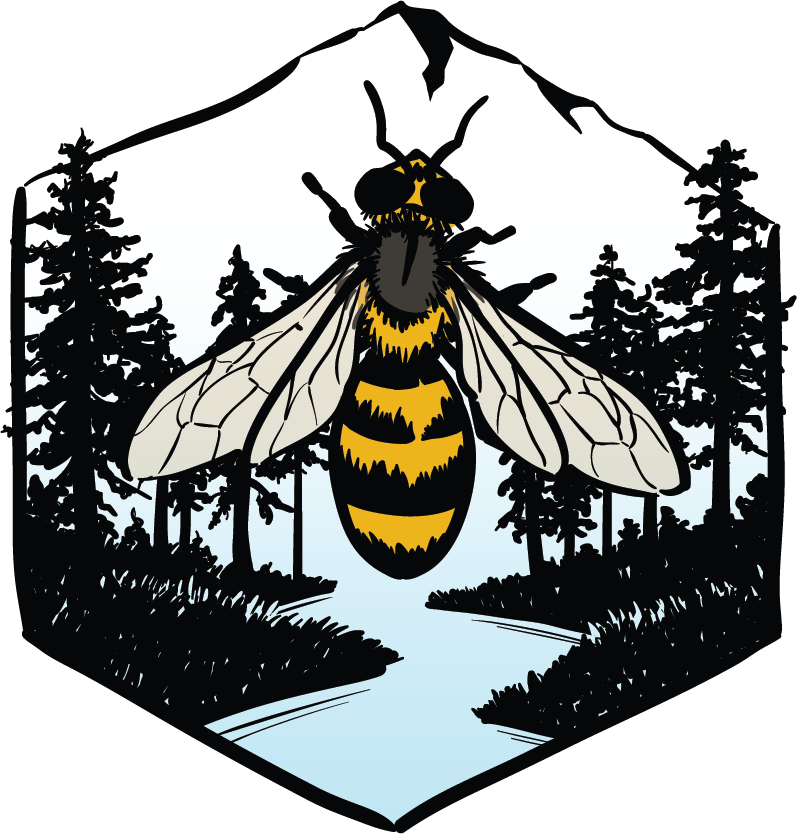Willamette Valley Beekeepers Association Established in 1967.
I hope everyone had a wonderful Christmas. May everyone have a wonderful and healthy New Year! I know many acquaintances who have health problems. There is an old saying “You are what you eat.” I wonder how safe this country’s food supply is. Anyway I hope it’s a healthy year for you, your family, and your bees.
WVBA Bee School is coming up on February 11, 16, 18, and the regular meeting on the 22nd. The course includes The Beekeeper’s Handbook by Diana Sammataro and Alphonse Avitabile, handouts, WVBA Bee Day, and a years membership to WVBA. The cost is $45. Click on the Events Page for more information.
WVBA will be hosting the Salem areas Oregon Master Beekeeper Apprentice classroom sessions. They started using The Beekeeper’s Handbook this year.
Now is a good time to look back and see what worked for you and what didn’t in your beekeeping. Based on that, create a plan for this year. Perhaps a vegetable and/or flower garden are in the plans. A few of the plants honeybees like are: lavender, mint, hyssop, thyme, lemon balm, rosemary, sage, basil, oregano, clover (my neighbor planted his yard in clover), sunflowers, and vetch. There are of course many more plants that bees can benefit from. Don’t forget that some trees are very beneficial if you have room. I notice in the seed catalogs that half or more of the sunflowers are pollen free. If you are providing feed for your bees, don’t buy the pollen free types of sunflowers. I may try a test plot of sainfoin. It will be interesting to see if it will grow here. It likes a high pH, therefore I’ll have to apply lots of lime.
Each year I hear of more and more new beekeepers that are watching YouTube to get their questions answered and to learn about beekeeping in general. YouTube beekeeping. Not all the advice on YouTube is good, although there is much great advice as well. My suggestion would be to visit several sites and see if they all say the same thing. Who is presenting on the site? Are they new to beekeeping? “Anything can be written on a piece of paper if it will hold still long enough” quoted from Jess Roth. Perhaps instead of practicing YouTube beekeeping, you should join in with a local bee association. Ask for a mentor or experienced beekeeper who you can call when you need too. I have read some of the beekeeping blogs that are run by new beekeepers. Some of the advice is absolutely horrible. One great site to visit is http://scientificbeekeeping.com. It is Randy Oliver’s site.
Happy Beekeeping, Rich Farrier
